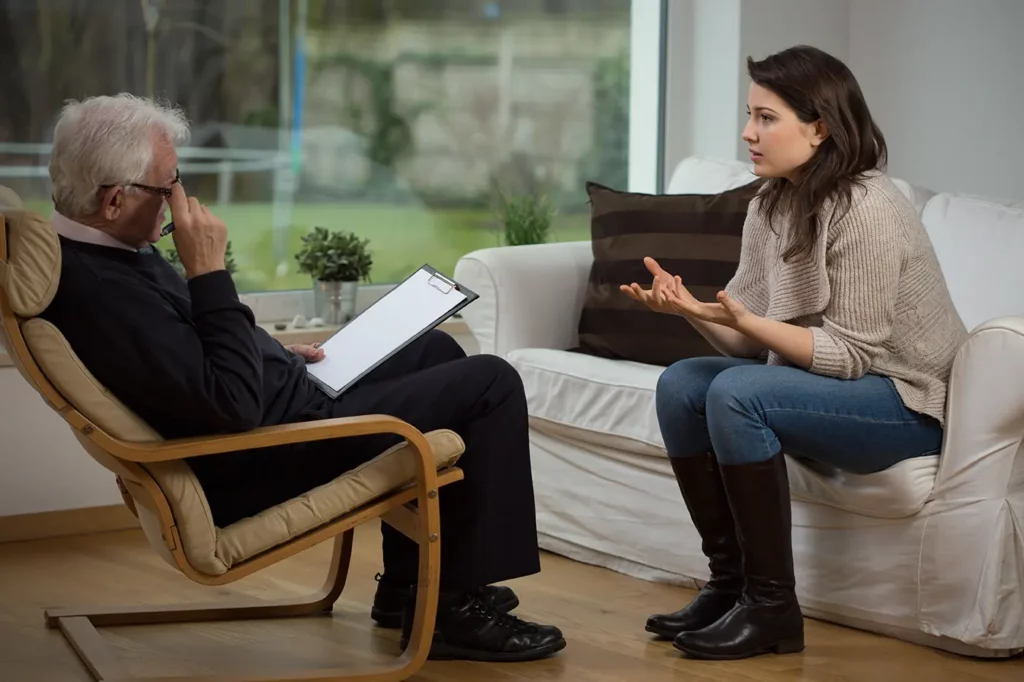24/7 Helpline:
(866) 899-221924/7 Helpline:
(866) 899-2219
Learn more about Group Therapy centers in Russell
Group Therapy in Other Cities

Other Insurance Options

United Health Care

Aetna

Optum

Ceridian

Oxford

Private insurance

UnitedHealth Group

UMR

PHCS Network

Medical Mutual of Ohio

MHNNet Behavioral Health

Carleon

Sutter
Beacon

Ambetter

Cigna

Highmark

AllWell

CareFirst

Humana













